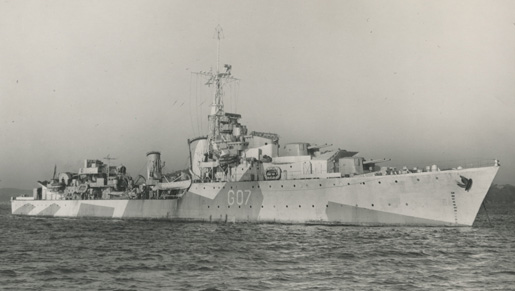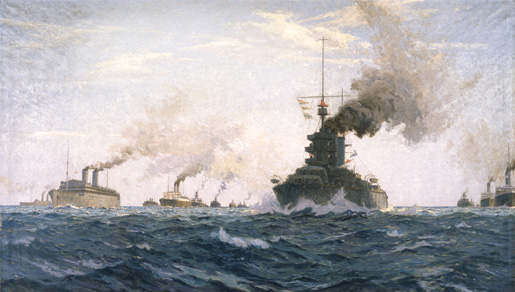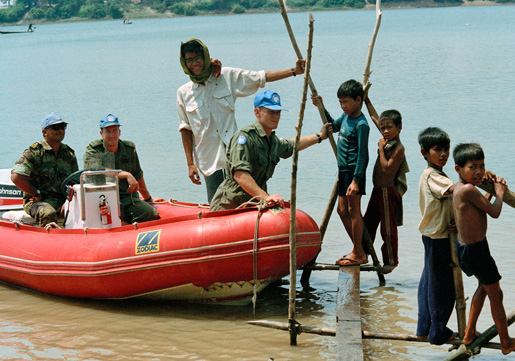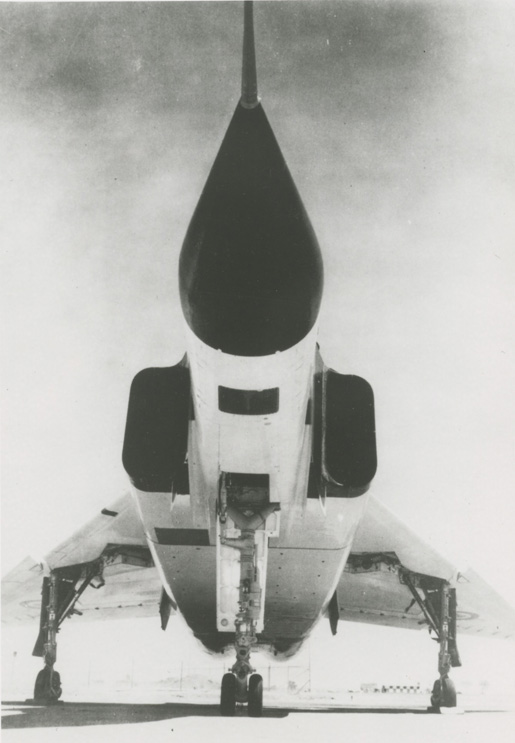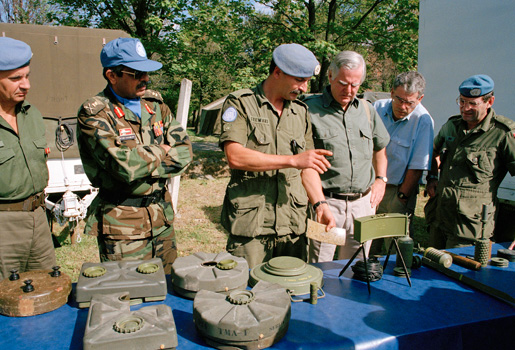FEBRUARY 1, 1968
The Royal Canadian Navy, Canadian Army, and the Royal Canadian Air Force are unified into a single organization called the Canadian Forces.
FEBRUARY 2, 1947
The Red Cross and army hand over the responsibilities of issuing travel warrants to war brides and children to the Canadian Immigration Branch.
In Newcastle-on-Tyne, England, the destroyer HMCS Athabaskan is commissioned.
FEBRUARY 4, 1945
The First Canadian Corps receive orders to move from Italy to join the First Canadian Army in Northwest Europe.
FEBRUARY 5, 1987
The Combat Related Employment of Women trials announce plans to evaluate the impact of employing men and women in combat units.
FEBRUARY 6, 1943
In the Mediterranean between Gibraltar and Algeria, HMCS Louisburg is sunk by an Italian aircraft torpedo, killing 38 men.
The 1st, 2nd and 3rd brigades of 1st Canadian Division begin departing England for France. The 4th Brigade remains in England as a training reinforcement unit.
FEBRUARY 8, 1945
First Canadian Army launches a major attack with powerful artillery offensive and aerial bombings at the north end of the German Siegfried Line. Its aim is to clear the area between the Maas and Rhine rivers.
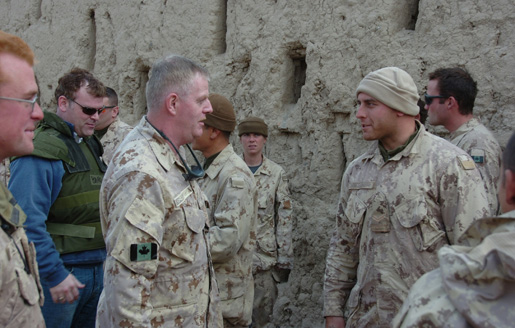
General Rick Hillier, Chief of Defence Staff (CDS), talks to the soldiers of Bravo Company, 1st Battalion, The Royal Canadian Regiment Battle Group. [DND/AR2006-S002-0123]
Canadian Lieutenant-General Rick Hillier assumes command of the International Security Assistance Force in Afghanistan.
FEBRUARY 10, 2005
In Kabul, Afghanistan, 700 Canadian troops, mainly from CFB Petawawa, Ont., begin a six-month tour of duty.
FEBRUARY 11, 1951
Communists launch a new offensive in central Korea.
FEBRUARY 12, 1942
Nine Canadian squadrons take part in the chase of three German warships during the Channel Dash, a major German naval operation. The warships successfully sail from Brest, France, to Germany while Canada loses seven planes.
FEBRUARY 13, 1945
In Germany, Canadian troops capture the town of Cleve.
FEBRUARY 14, 2005
In Beirut, a bomb blast kills former Lebanese Prime Minster Rafik Hariri. Several other people die and at least 100 are injured.
FEBRUARY 15, 1965
The Maple Leaf becomes Canada’s official flag.
FEBRUARY 16, 1940
The Royal Canadian Air Force’s 110 Army Cooperation Squadron begins its journey to Britain. It is the first of 48 squadrons to go overseas.
FEBRUARY 17, 1951
After training for two months in Korea, 2nd Battalion, Princess Patricia’s Canadian Light Infantry joins the 27th British Commonwealth Infantry Brigade.
FEBRUARY 18, 1900
The Battle of Paardeberg begins as Canadians attack a Boer army on the banks of the Modder River, South Africa. The first day’s assault leaves 18 Canadians dead, 60 wounded.
The implementation plan for United Nations Transitional Authority in Cambodia (UNTAC) is submitted, consisting of seven distinct components, including human rights, electoral, military and repatriation. FEBRUARY 20, 1959
Prime Minister John Diefenbaker makes the unexpected announcement that the CF-105 Avro Arrow fighter project is cancelled. FEBRUARY 21, 1992
United Nations Security Council Resolution 743 establishes the United Nations Protection Force (UNPROFOR) as an interim arrangement to create conditions of peace and security required for the settlement of the Yugoslav crisis.
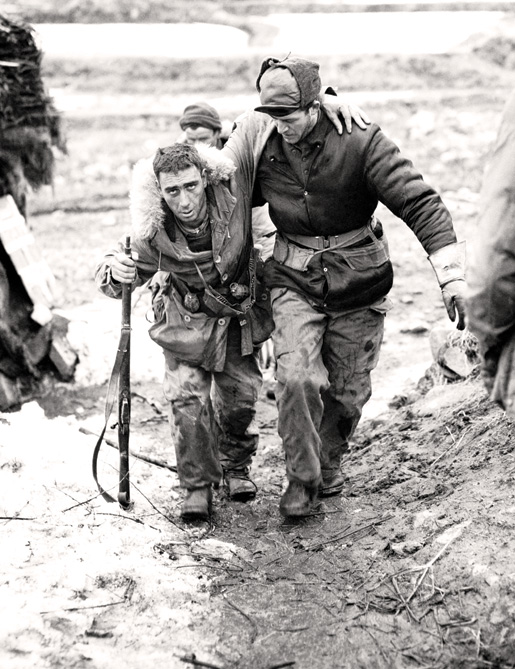
Private Morris Piche of 2nd Battalion, PPCLI, is helped to an aid station near Kapyong by Lance Corporal Bill Chrysler, 1951. [IMPERIAL WAR MUSEUM/MH033026]
2nd Battalion, Princess Patricia’s Canadian Light Infantry sustains the battalion’s first battle casualties in Korea during an attack on Hill 444. Four men die, one is wounded.
FEBRUARY 23, 1900
In South Africa, British troops fight the Boers in the Battle of Hart’s Hill.
FEBRUARY 24, 1942
The Canadian government invokes the War Measures Act giving it the power to intern all persons of Japanese origin, including Japanese Canadians, of military age.
FEBRUARY 25, 1955
For the first time, women are allowed to become part of the permanent force in the Royal Canadian Navy. Since 1951, women could be enrolled in the RCN reserve only.
FEBRUARY 26, 1945
Sergeant Aubrey Cosens of the Queen’s Own Rifles of Canada earns the Victoria Cross in the Rhine fighting.
FEBRUARY 27, 1930
HMCS Thiepval is lost in Barkley Sound, B.C., after hitting an uncharted rock.
FEBRUARY 28, 1991
Following Iraqi defeat and retreat from Kuwait, U.S. President George Bush announces a ceasefire and the Gulf War is over.
Advertisement










